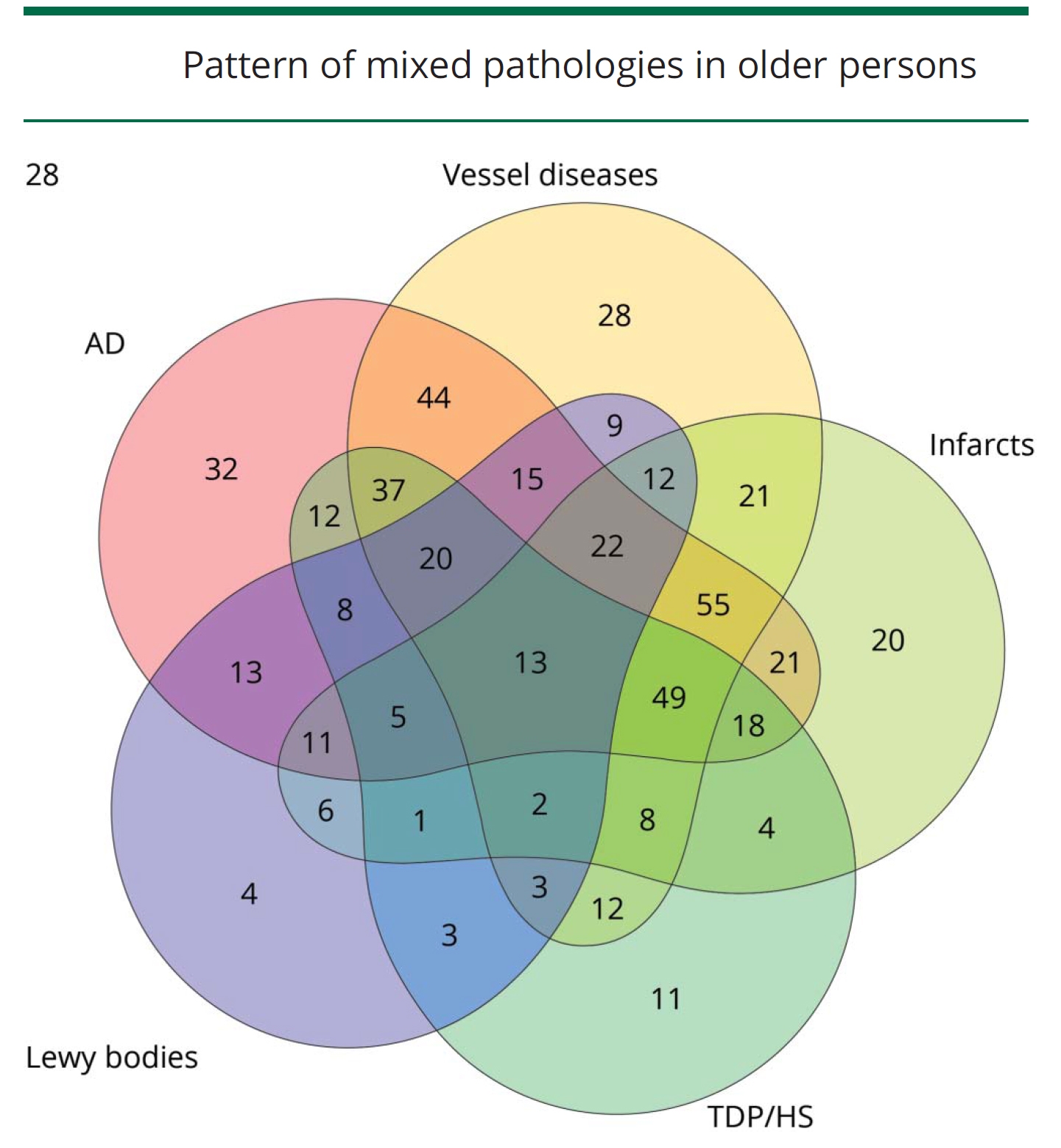You are here
Wake-sleep Circuitry and Sleep Disturbances in Neurodegeneration vs. Aging: Is there a difference?
Speakers
Abstract
Aging is marked by trouble falling asleep, shorter sleep time, sleep fragmentation, and early awakening. Several neurodegenerative disorders have similar features, but the reason for why aging and neurodegeneration affect wake-sleep is not known. We have found in individuals with “healthy aging” that their wake-sleep behavior correlates with loss of neurons in brain circuitry that is known to regulate wake-sleep in other species. In addition, patients with Alzheimer’s disease have much worse cell loss in wake-sleep regulatory neurons, which may account for their aberrant wake-sleep behavior. We propose that the wake-sleep system may be a sentinel for several neurodegenerative pathologies, with the wake-sleep regulatory neurons being involved and causing the sleep disorder that we call “normal aging” for up to decades before cognitive or motor signs of neurodegeneration appear.


